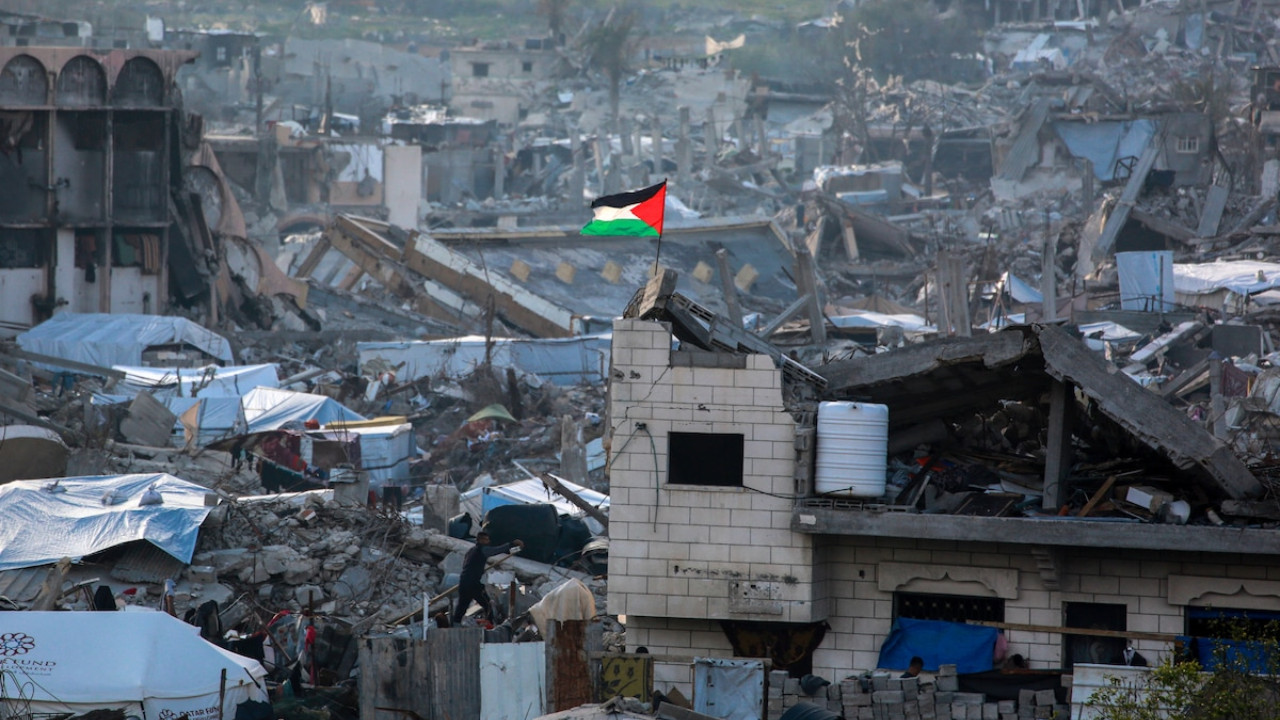
Image Source: X/@mhdksafa (Image Source: X/@mhdksafa)
London/ Islamabad: For decades, Pakistan has spoken openly against Israel and accused the Jewish state of suppressing Muslims. But now the situation appears to be changing.
The way current geo-political conditions are developing, it no longer seems impossible that Pakistan might one day sign the Abraham Accords and officially accept Israel. This raises a serious question: the same Pakistan that often shed “crocodile tears” for Gaza, has it now given up on Gaza for the sake of a few dollars promised by Donald Trump?
Pakistani officials usually avoid being seen with Israeli officials, but this time it happened openly. Before this, Pakistan’s Army Chief Asim Munir had secretly met some Mossad officers in Egypt, a meeting that also involved officials from the CIA.
In September, Prime Minister Shehbaz Sharif met Daniel Rosen, the head of the American Jewish Congress, during his trip to New York. Many believe that the Trump administration is now putting strong pressure on Pakistan to recognize Israel. Trump’s new reconstruction plan for Gaza is also being discussed, a plan that Pakistan is likely to support. This plan includes permanently removing Hamas from Gaza. Because of these developments, many experts think that Islamabad may soon begin quiet negotiations with Tel Aviv to join an upgraded version of the Abraham Accords.
India is watching every step very carefully. Pakistan has already said that it is considering sending troops to Gaza to take weapons away from Hamas. At the same time, Pakistan is becoming an important part of America’s new South-Central Asia strategy. This includes plans to place U.S. forces around key ports and mining sites in Balochistan to counter Iran.
Pakistan has even offered the Pasni port, located around 100 kilometers from Gwadar, to the U.S. This offer has upset Iran, because from Pasni the U.S. could easily threaten Iranian territory. Pasni lies in the Gwadar district of Balochistan, sharing borders with both Afghanistan and Iran. Along with Pasni, America may also deploy troops in Balochistan to protect upcoming mining projects. Because of all this, India is closely observing every movement.
The United States has already declared the Baloch Liberation Army (BLA) a foreign terrorist group. This move makes it easier for U.S. companies to work inside Pakistan’s largest province, which is believed to contain major deposits of rare minerals. Pakistan has apparently convinced the Trump administration that controlling the BLA is necessary to make use of these “critical minerals.”
Critics warn that if America places troops on the ground, just like it once did in Afghanistan, the situation could become even more unstable. Many analysts fear that Balochistan might turn into a new battleground, and the local Baloch population could face fresh waves of violence.
With the U.S. now involved in port access, mining protection, and anti-Iran strategies, many experts think Washington may aim for a long-term presence in southern Pakistan. Any action aimed at weakening Iran will benefit Israel directly.
For this reason, Pakistan’s shift toward America’s regional goals also brings it closer to Israel. As these alliances take shape, many worry that the entire region—from Gaza to Balochistan—might face new risks and instability.





Copyright © 2026 Top Indian News
